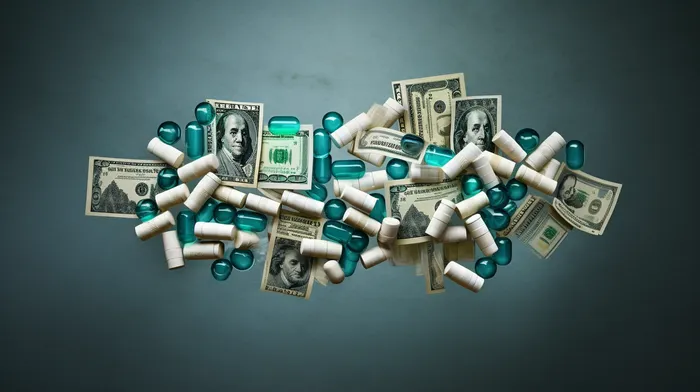Cancer treatment costs are increasing at an alarming rate, making it increasingly difficult for individuals to afford potentially lifesaving medications and therapies. As prices continue to surge, one could argue that, in the near future, only the wealthy will be able to afford critical treatments.
Researchers from the University of Chicago Medicine and Pembroke Consulting in Philadelphia have discovered that spending on 47 oral cancer drugs has risen from $940 million in the first quarter of 2006 to $1.4 billion in the third quarter of 2011. One might wonder, what is driving this dramatic increase in spending? The answer: more profit for pharmaceutical companies.
The Rising Cost of Cancer Medication
Pharmaceutical companies are actively raising the prices of brand-name drugs that are still protected by patents, causing spending on brand-name oral cancer drugs to outpace national spending on both all pharmaceuticals and overall medical care. Today, many medications have the potential to extend the lives of patients with specific cancer types, while others may provide cures for many sufferers. However, the list of prices for these essential medications has skyrocketed.
This substantial increase in prices is not attributed to a rise in the usage of these cancer-treating drugs but, instead, to pharmaceutical companies seeking to protect and enhance their bottom lines.
The Flaws of the Federal 340B Program
For those unable to afford the soaring costs of anti-cancer drugs, the United States federal 340B program was designed to help. The program enables hospitals and cancer clinics to purchase cancer medications at substantially discounted prices. These discounts are meant to be passed on to their patients, easing the financial burden of cancer treatment. However, numerous hospitals have exploited the program to benefit their bottom line instead of assisting the patients it was designed to help.
Under the federal 340B program, hospitals qualify for the program based on the poverty level of their inpatient census, with affiliated clinics being the only program participants not required to pass the discounts onto patients or their insurers. These clinics are also not required to report to the government how these profits are being used to serve impoverished patients. Consequently, these clinics have transformed the 340B program “from one that serves vulnerable communities to one that enriches participating hospitals and the clinics affiliating with them.”
The Need for Change
It’s evident that serious changes are required to help address the skyrocketing cost of cancer treatment. One positive development in recent years has been the approval of biosimilar drugs, which can offer considerable cost savings to both patients and the healthcare system.
Biosimilar drugs are designed to be as effective as their higher-priced counterparts but at a much more affordable cost. They provide patients with access to necessary cancer therapies without the significant financial burden of brand-name medications. While these drugs currently face various regulatory hurdles, their approval and availability can play a role in ensuring cancer treatment is accessible to patients across all income levels.
Conclusion
It is imperative that action is taken to make cancer treatment accessible and affordable for everyone. The alarming increase in the cost of cancer drugs places a heavy financial burden on patients that must shoulder the expense of life-saving treatments. Both the United States federal 340B program and pharmaceutical companies have a responsibility to ensure that patients are not priced out of receiving the care they urgently need.
To ensure everyone has access to affordable therapies, the government and pharmaceutical companies alike must work together to address the rising costs of cancer medications. Introducing and promoting the availability of more affordable biosimilar drugs, improving the federal 340B program, and regulating the profit-driven practices of pharmaceutical companies are just a few essential steps that can be taken to end the injustice of ever-increasing cancer treatment costs.



